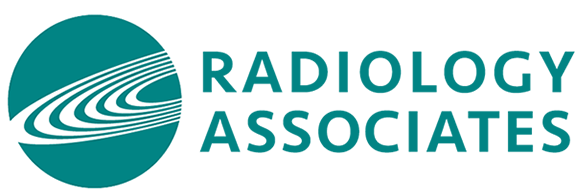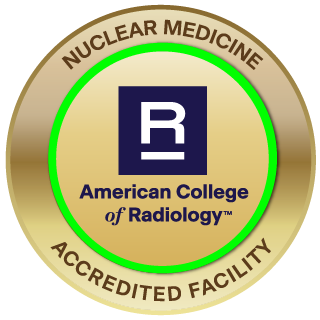Nuclear Medicine
GENERAL OVERVIEW ABOUT THE EXAM
Nuclear Medicine is a form of molecular imaging that images organs and body functions through the emission of radioactive materials (radiopharmaceuticals) that are given to the patient.
Using nuclear medicine, radiologists can evaluate kidney, cardiac and thyroid function and make diagnoses for various conditions such as tumors and cancers, bone fracture, infection, and arthritis.
There are nearly 100 different nuclear medicine imaging procedures available that visualize every major organ system. When used for treatment (such as I-131 for the treatment of hyperthyroidism or thyroid malignancy), the radioactive molecule has high energy and kills the diseased tissue.
Quick Links & Info
Scheduling
For information about your appointment or to schedule a new one call (386) 274-6000.
Exam Preps
Be ready for your next appointment.
Our Providers
See a full listing of our providers and their bios.
What to Expect
What happens during your examination can vary considerably based on the type of examination being performed. A technologist will call prior to the exam to answer all questions and review the preparation required. Typically, a radiopharmaceutical is administered (either orally or intravenously), and after a variable wait time, you will be placed in front of a camera that will make the images.
ACR Accredited in Nuclear Medicine
Our facilities have been accredited by the American College of Radiology (ACR) for accuracy, safety and best practice standards in Nuclear Medicine. For a complete listing of our accreditations per imaging center, please visit our Contact page.




